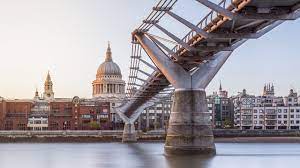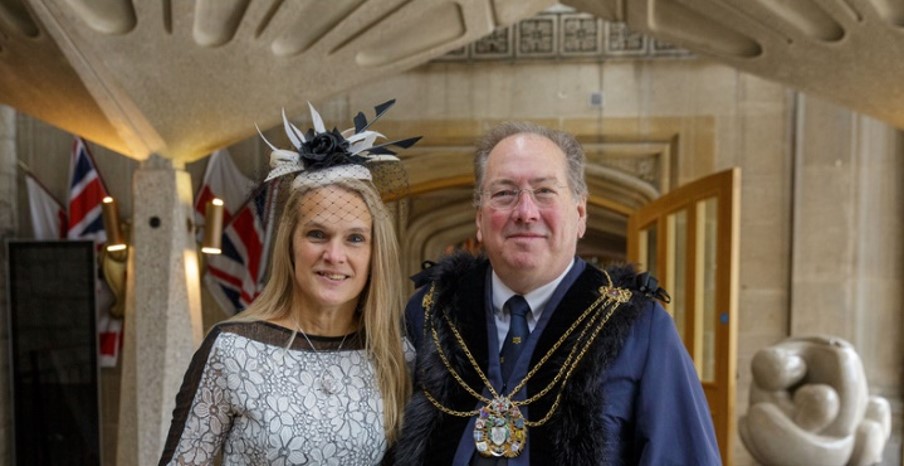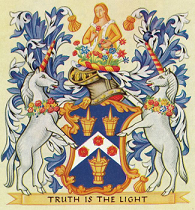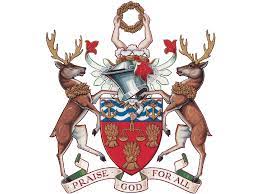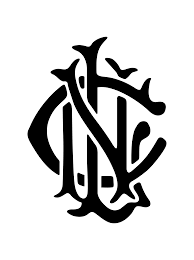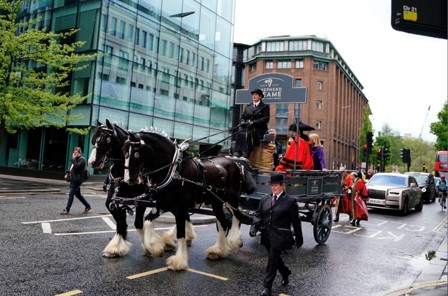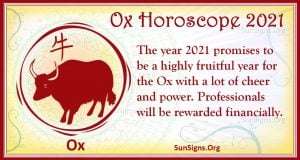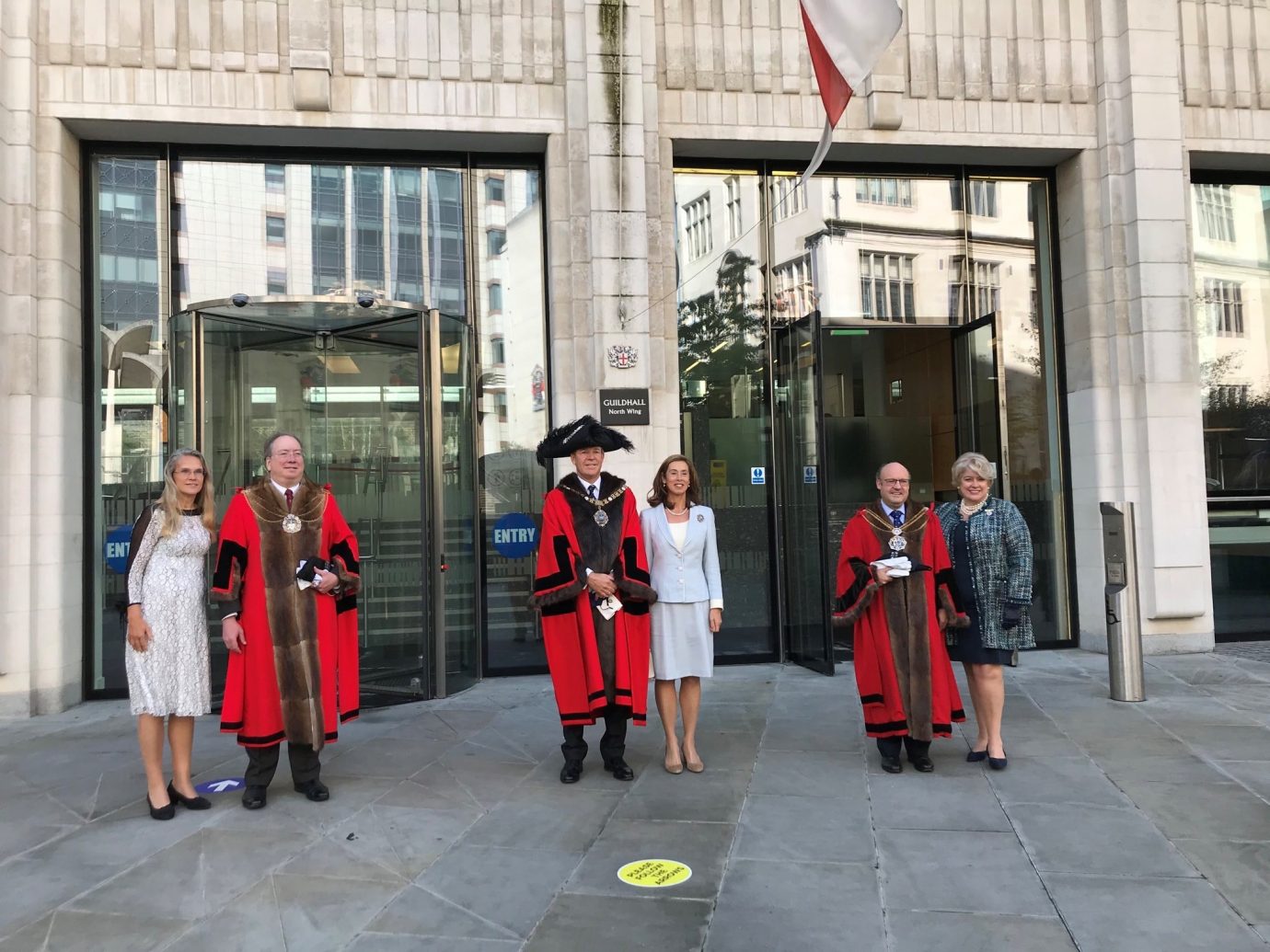I was pleased that the Court of Aldermen saw fit to announce their support for my candidacy as Lord Mayor of the City of London, 2023-2024. Subject to election by the Livery, that role would take effect on 10 November 2023 and end on 10 November 2024. The letter is here, and FT coverage here. Yes, Elisabeth and I are delighted. We want to use the role to deliver benefits for the City, London, the nation, and beyond. My working theme is to celebrate our ‘Knowledge Mile’. All planning ideas appreciated this side of September 2023! After that it moves over to delivery for 12 months.
During the course of the mayoral year the Lord Mayor undertakes over 2500 civic, diplomatic, business and political engagements, spending around 100 days of year on international visit to promote UK financial and professional services. As a result, the Lord Mayor has an incredibly busy diary and needs to balance many competing priorities. The diary process for the Lord Mayor and Mansion House is managed by the Diary Manager Maris Kraulins maris.kraulins@cityoflondon.gov.uk. Please share any requests with the Diary Manager and these will be reviewed in early 2023 with advice given and decisions taken.
I really look forward to working with everyone on making this forthcoming Mayoralty year a small force for good. And for a bit of perspective on the role:
“In ancient times the chief civic magistrate was styled the Reve, or Portreve, but in 1207 John changed this title to that of Mayor. The appellation of Lord was first prefixed in the fourth charter of Edward III., when the honour of having gold or silver maces borne before him was conferred on the “Lord Mayor,” who ranked moreover as an earl. His duties are multiplex and ubiquitous. In his own person he represents all the rights and privileges of the Corporation. He is said to hold the same relation to the City as the Crown does to the rest of the kingdom. He is chief butler at the coronation of the sovereign, lord-lieutenant of the county of London, clerk of the markets, gauger of wine and oil, meter of coals and grain, salt and fruit, conservator of the Thames, admiral of the port, justice of gaol delivery for Newgate, chairman of every committee he attends, and subject to many other burdens.”
The Corporation of London: Its Rights and Privileges
by William Ferneley Allen, Sheriff of London and Middlesex, and Alderman of the ward of Cheap (1858).


